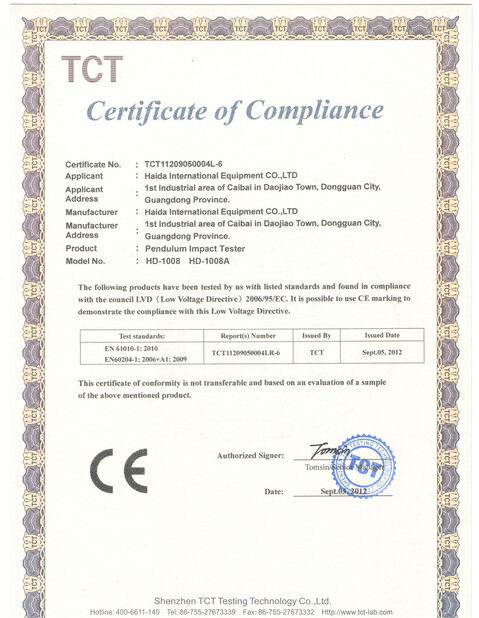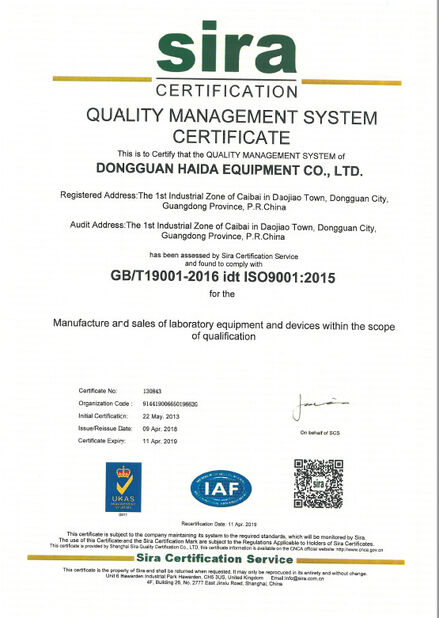When selecting and purchasing a mattress rolling and hardness durability tester, consider the following key factors:
1. Type of Tester
Mattress testers typically have different functions, including rolling tests, hardness tests, and durability tests. Make sure the tester you choose meets your specific needs. Common types of mattress testers include:
-
Rolling Testers: These simulate the wear and tear on a mattress caused by long-term human use, usually by rolling a roller over the surface of the mattress to test its durability.
-
Hardness Testers: These are used to test the firmness of the mattress surface to ensure it meets standard or customer requirements.
-
Comprehensive Durability Testers: These combine both rolling and hardness testing functions to evaluate the overall long-term performance of the mattress.
2. Compliance with Standards
Ensure the tester complies with relevant international or industry standards. For example:
-
ISO Standards: Such as ISO 1957, used for mattress rolling fatigue tests.
-
ASTM Standards: Such as ASTM F1566, used for mattress durability tests.
Testers that meet these standards typically offer higher reliability and consistency, making them suitable for professional testing.
3. Accuracy of the Equipment
The precision and stability of the tester are crucial. Check the device's sensors, pressure detection systems, measurement accuracy, and control systems to ensure accurate and repeatable test results.
4. Durability of the Equipment
Since testers are often used for frequent testing, it's important to choose equipment that is sturdy and easy to maintain. Understanding the manufacturer’s warranty and after-sales support can also help extend the lifespan of the equipment.
5. Level of Automation
The higher the degree of automation, the easier the operation. Modern mattress testers often feature automatic control systems and data recording capabilities, reducing manual operation while improving test efficiency and accuracy.
6. Ease of Use
Consider whether the user interface is friendly, whether clear operating instructions are provided, and whether the software is intuitive to use. A good operating system can reduce training time and increase productivity.
7. Supplier Reputation
It’s important to choose a supplier with a good reputation to ensure stable equipment quality and excellent after-sales service. You can assess the supplier's reputation by reading customer reviews or consulting industry peers.
8. Price and Budget
Choose cost-effective equipment based on your budget. Compare quotes from multiple suppliers and consider the functions and quality of the equipment. While it’s not necessary to choose the most expensive one, select the one that best suits your needs.
9. Service and Support
Find out if the supplier provides on-site installation, commissioning, training, as well as ongoing maintenance and technical support. If the equipment malfunctions, timely service and support can minimize downtime.
Summary:
When selecting a mattress rolling and hardness durability tester, choose equipment that meets standards, offers high accuracy, has the appropriate level of automation, is easy to operate, and comes from a reputable supplier. This ensures the best balance between quality and cost.

 Your message must be between 20-3,000 characters!
Your message must be between 20-3,000 characters! Please check your E-mail!
Please check your E-mail!  Your message must be between 20-3,000 characters!
Your message must be between 20-3,000 characters! Please check your E-mail!
Please check your E-mail! 

